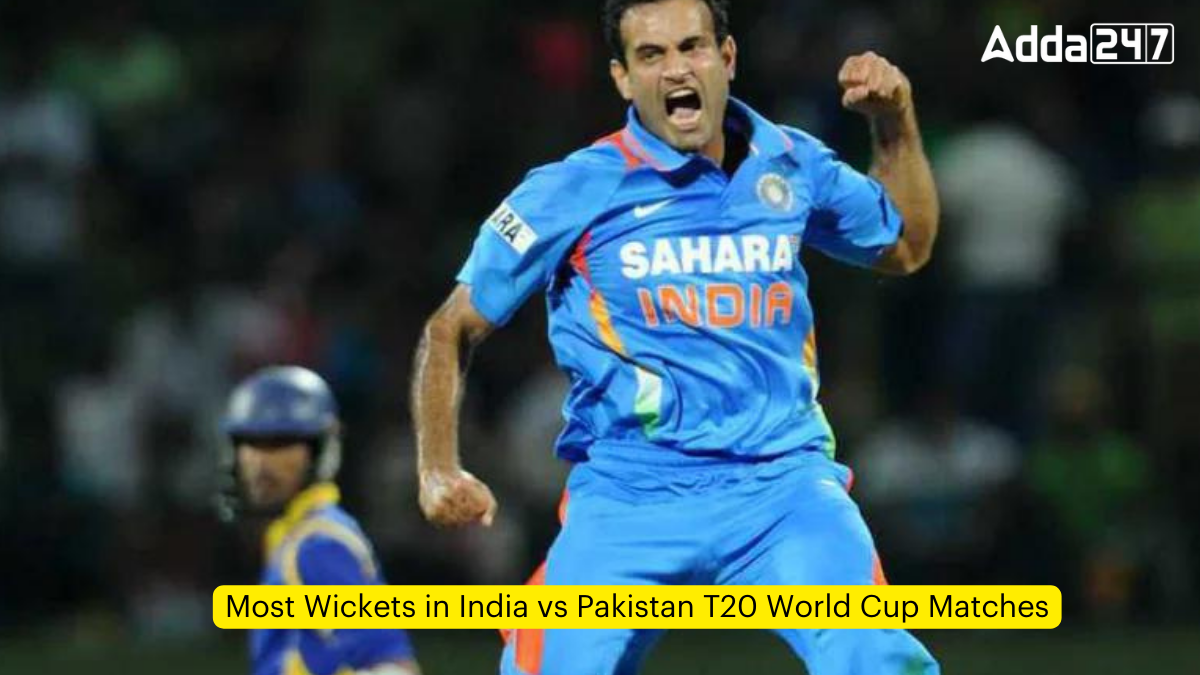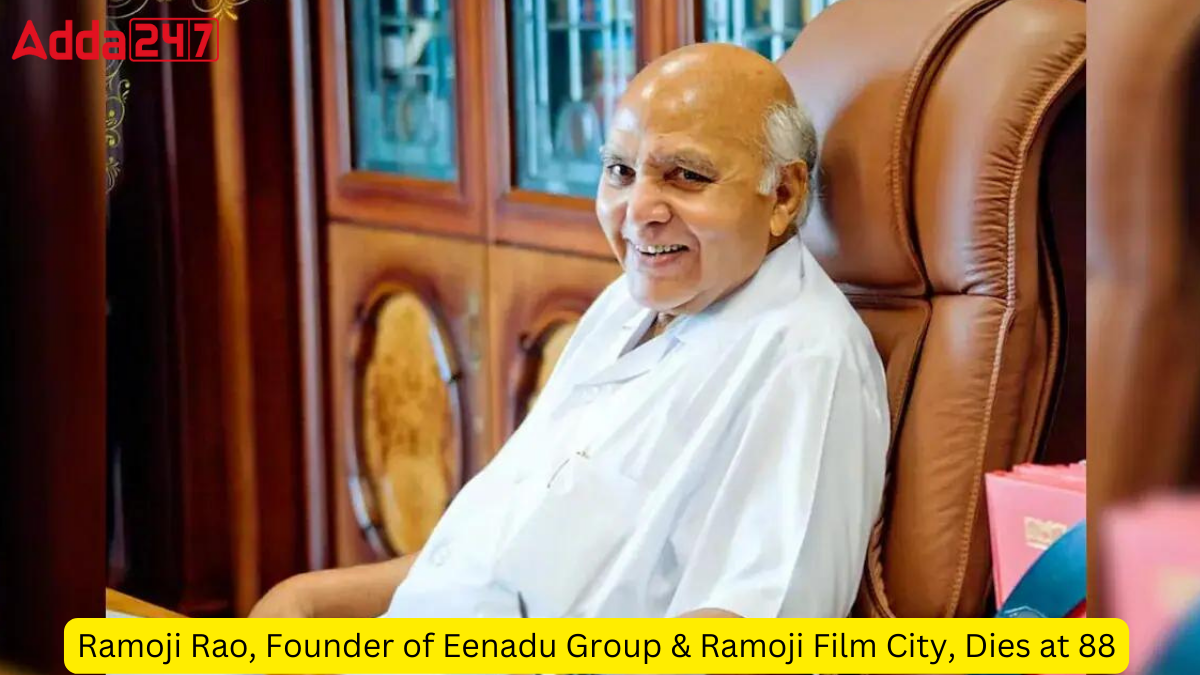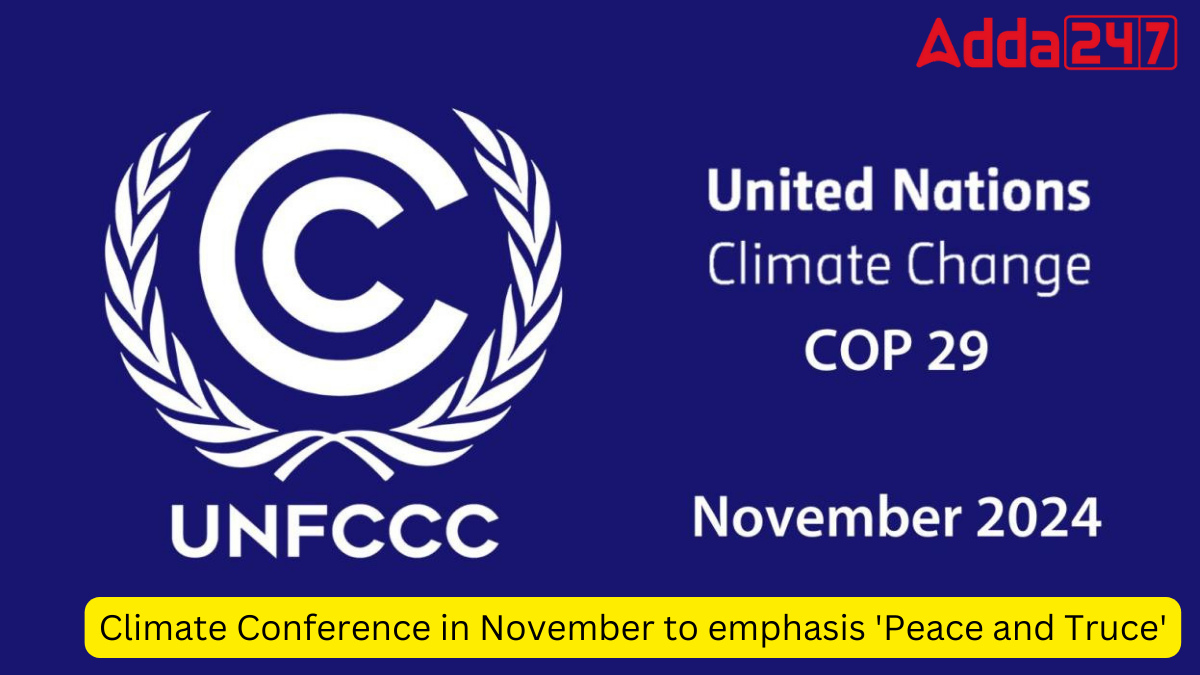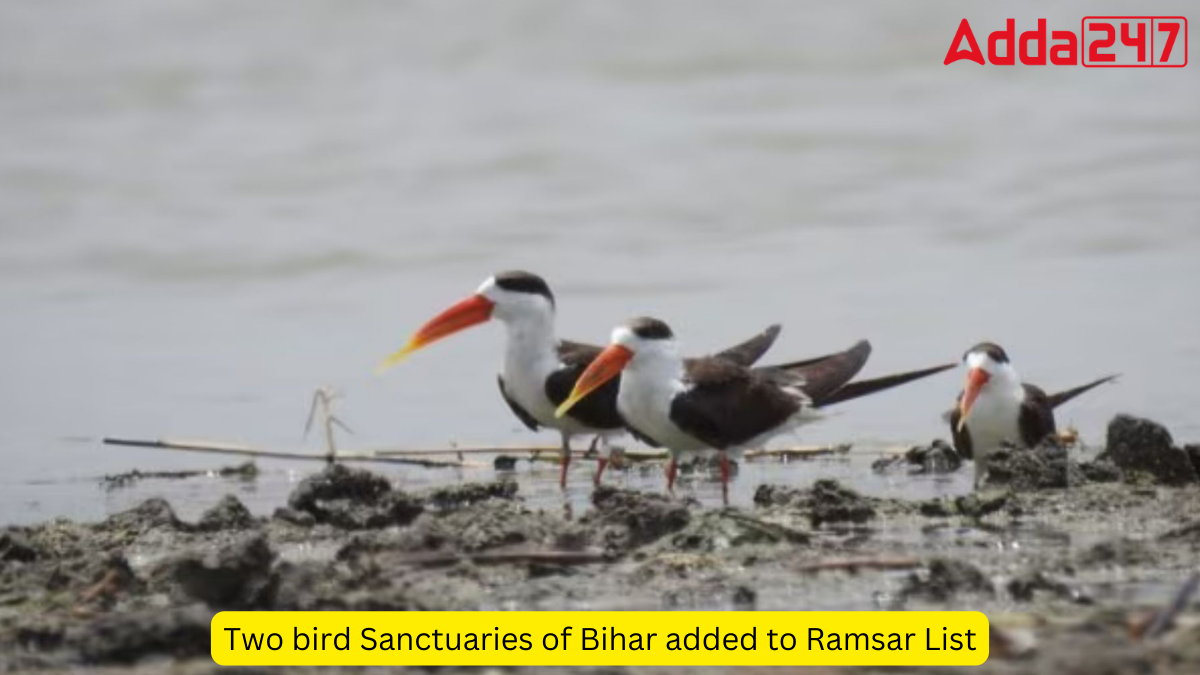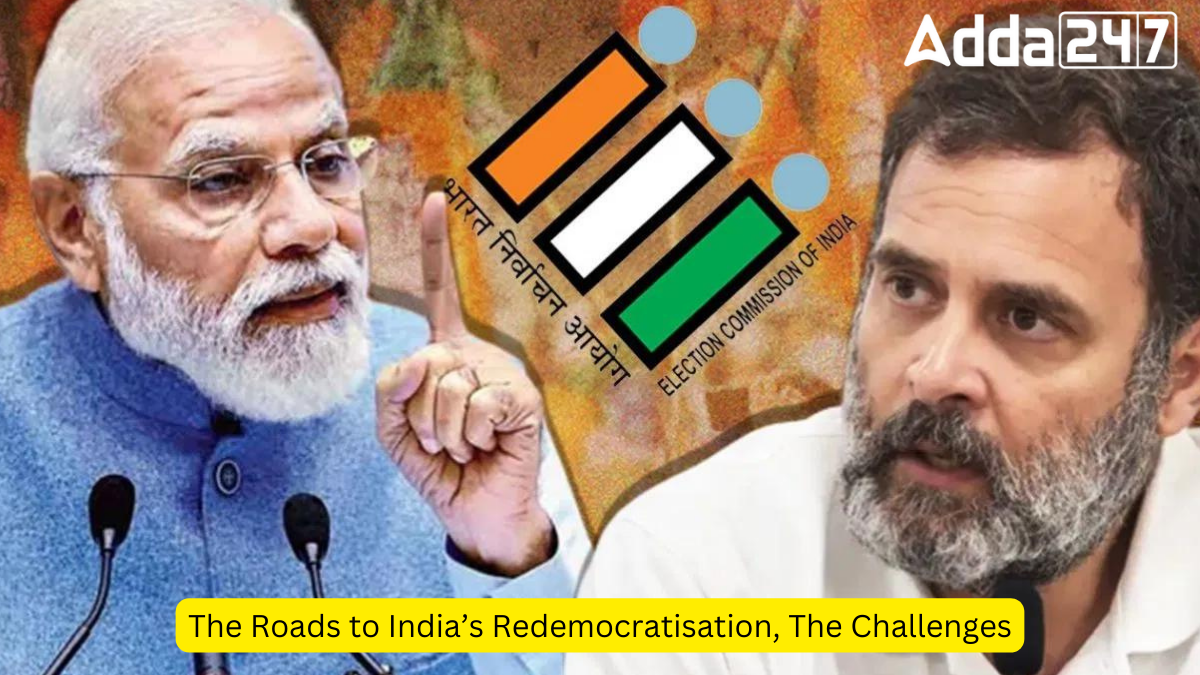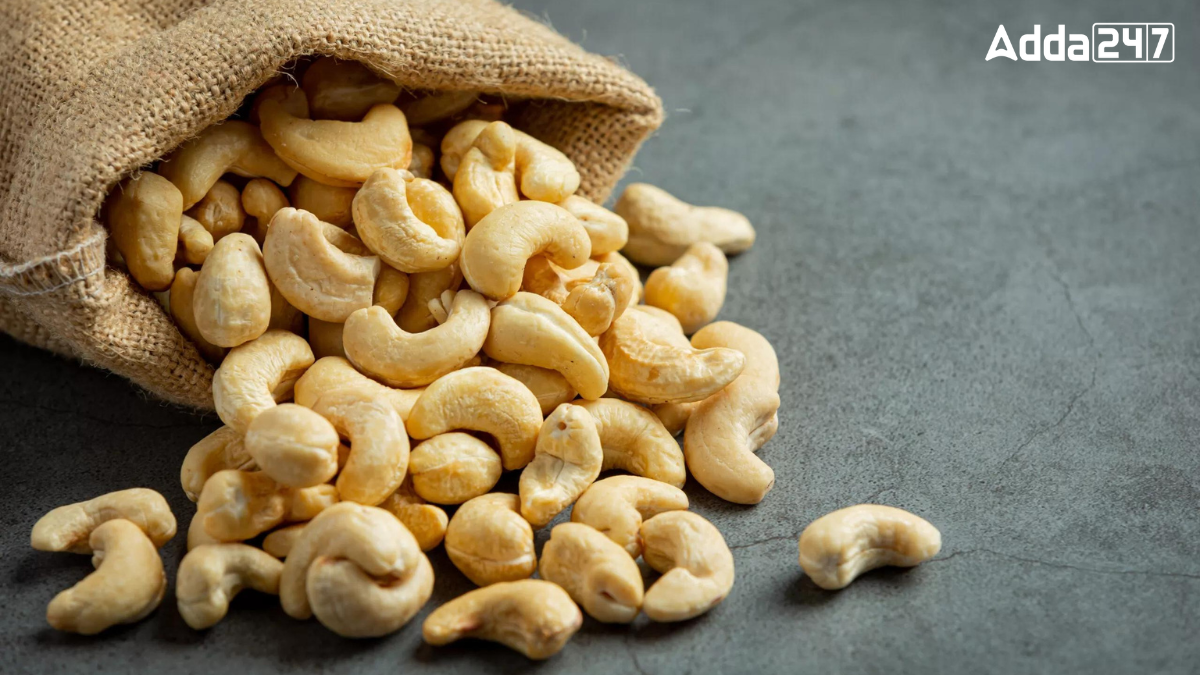Most wickets in India vs Pakistan T20 World Cup matches
The fierce rivalry between India and Pakistan in T20 World Cup matches is not only about high-scoring games but also about bowlers delivering match-winning performances. Here, we take a look at the players who have taken the most wickets in these iconic encounters.
Most wickets in India vs Pakistan T20 World Cup matches
| Players | Inns | Wkts | Avg | Econ | BBI |
| 1. Irfan Pathan | 3 | 6 | 11.00 | 6.00 | 3/16 |
| 2. Mohammad Asif | 2 | 5 | 8.60 | 6.14 | 4/18 |
| 3. Hardik Pandya | 2 | 4 | 13.75 | 9.16 | 3/30 |
| 4. RP Singh | 2 | 4 | 12.25 | 6.12 | 3/26 |
| 5. Umar Gul | 4 | 4 | 30.00 | 8.27 | 3/28 |
1. Irfan Pathan (India)
- Innings: 3
- Wickets: 6
- Average: 11.00
- Economy Rate: 6.00
- Best Bowling: 3/16
Irfan Pathan has been a standout performer with the ball for India in T20 World Cup matches against Pakistan. His ability to swing the ball and deliver crucial breakthroughs has been instrumental. With an impressive average of 11.00 and an economy rate of 6.00, Pathan’s best performance of 3/16 highlights his effectiveness in these high-pressure games.
2. Mohammad Asif (Pakistan)
- Innings: 2
- Wickets: 5
- Average: 8.60
- Economy Rate: 6.14
- Best Bowling: 4/18
Mohammad Asif, known for his precision and ability to seam the ball, has delivered stellar performances for Pakistan against India. Despite playing only two innings, Asif has taken 5 wickets at an outstanding average of 8.60. His best bowling figures of 4/18 underscore his capability to dismantle the opposition’s batting lineup.
3. Hardik Pandya (India)
- Innings: 2
- Wickets: 4
- Average: 13.75
- Economy Rate: 9.16
- Best Bowling: 3/30
Hardik Pandya, known for his all-round abilities, has made significant contributions with the ball in T20 World Cup matches against Pakistan. With 4 wickets in two innings, Pandya has showcased his knack for taking crucial wickets. His best figures of 3/30 reflect his impact in these intense matches, despite a higher economy rate.
4. RP Singh (India)
- Innings: 2
- Wickets: 4
- Average: 12.25
- Economy Rate: 6.12
- Best Bowling: 3/26
RP Singh has been another key bowler for India in T20 World Cup clashes against Pakistan. With an impressive average of 12.25 and an economy rate of 6.12, Singh’s ability to maintain pressure and take wickets has been valuable. His best performance of 3/26 highlights his contributions in these matches.
5. Umar Gul (Pakistan)
- Innings: 4
- Wickets: 4
- Average: 30.00
- Economy Rate: 8.27
- Best Bowling: 3/28
Umar Gul, known for his death bowling skills, has been a consistent wicket-taker for Pakistan in T20 World Cup matches against India. Over four innings, Gul has taken 4 wickets with a higher average of 30.00 and an economy rate of 8.27. His best figures of 3/28 demonstrate his ability to deliver in crucial moments.

